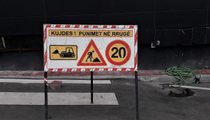Germany, the "sick man" of Europe again? - The decline of industry, dependence on exports increase uncertainty about the future
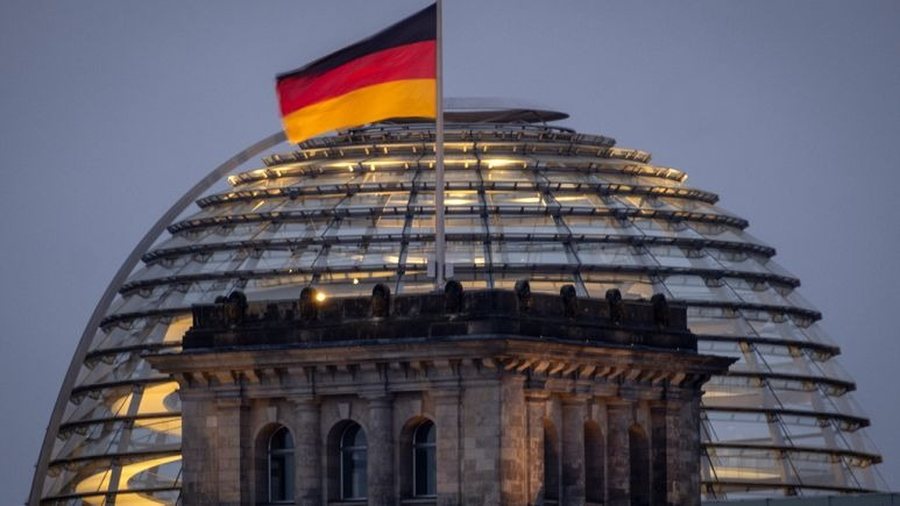
The economy ranks as a top concern among German voters ahead of Sunday's general election. Germany has gone from being Europe's economic powerhouse to the eurozone's growth drag in recent years. For some, that is raising existential questions about the country's economic model, which relies more on industry and exports than most other major economies.
In 1989, the year the Berlin Wall fell, Germany was the world's third-largest economy. But the country's reunification imposed huge costs. A slowdown in export demand during that decade contributed to double-digit unemployment rates, and by the late 1990s, Germany was labeled the "sick man of Europe."
The government implemented tough reforms, sanctioning people who refused job offers and limiting unemployment benefits, between 2002 and 2005. The reforms contributed to a sharp drop in unemployment. Economic growth picked up pace as Germany embraced a model characterized by a strong industrial base, with cars as its main product.
The benefits of globalization
-Free energy
First, Germany and its industry nurtured a reliance on cheap energy imports from Russia, an energy partnership that endured even after the Kremlin’s invasion of Georgia in 2008 and the annexation of Crimea in 2014. After securing cheap and abundant supplies of nuclear energy from Moscow, Germany decided in 2011 to move away from nuclear power, following the Fukushima disaster. The last plants were scheduled to close by 2022.
In the year before Russia invaded Ukraine, 32% of the gas, 34% of the crude oil, and 53% of the coal received by German power generators and steelmakers came from Russia.
-Strong exports
In 2002, the euro became a reality for 320 million people. Germans emerged as the biggest winners from sharing a currency with their European peers. For a country built on export power, the 2-to-1 conversion rate between the mark and the euro was very generous to exporters, making their goods appear cheaper in European markets.
China's rapid growth, accelerated by its accession to the World Trade Organization in 2001, has created a huge demand for industrial goods "Made in Germany". This has increased the trade surplus characteristic of the German economy. The economic model of exporting goods has worked for almost two decades and has made Germany the economic engine of the eurozone and the anchor of the common currency.
War in Europe
However, beneath the surface, there were several developments that would undermine the German economic model. The first blow came with Russia’s invasion of Ukraine. Germany had become overly dependent on Russian oil and gas imports, and in 2022 energy prices rose. Furthermore, the last nuclear power plant in Germany was due to close in 2023, limiting alternatives to Russian fuels.
The rapid rise in prices made it difficult for German industry to remain competitive. The country saw a 20% decline in output in energy-intensive sectors by 2023. The energy crisis exacerbated a clear decline in industrial production that had begun in late 2017.
Germany's economic model had another dependency that became its Achilles heel: its reliance on exports, especially to China. Although Germany benefited greatly from exports to Asia's largest economy, China was climbing the quality ladder and becoming a fierce competitor.
Berlin also has a significant trade surplus with the US, which hit a record 70 billion euros last year and could now be at risk if President Donald Trump implements the tariffs he has warned about. About a quarter of this surplus, which reached a new high in 2024, comes from automotive products, while in the case of digital goods, Germany has a deficit.
While its two main trading partners, China and the US, were investing heavily in innovation, Germany was completely focused on rescuing its ailing industry, rather than investing for the future. The country, which had been at the forefront of industrial innovation for decades, struggled to adapt to the digital age.
Germans are reluctant to adapt to new technologies. One example is fax machines, which are still used in three-quarters of German companies. The debt brake, a fiscal rule that limits public borrowing, has limited Germany's ability to invest in modernizing its economy. Digitalization has never been a priority, as the example of fiber optics shows. Germany ranks 36th out of 38 industrialized economies for fast internet connections.
All of these factors have fueled discontent among Germans, who are turning to populist parties to solve the economic situation, leading to a fragmentation of the political landscape. The far-right Alternative for Germany (AfD) and the left-wing Buendnis Sahra Wagenknecht (BSW) party are expected to win a combined total of about a quarter of the vote in the February 23 election.
Two decades later, the debate over whether Germany is the "sick man of Europe" is back. While its economy is struggling under the weight of structural challenges, Berlin still has many strengths: mid-sized businesses, high employment levels, a trade surplus and stable public finances. After Sunday's elections, it will be up to the new government to implement the reforms needed to unleash the country's potential.

Diaspora vote/ Celibashi: Over 160 thousand voters registered in PER. Anyone who is rejected can reapply!
The State Election Commissioner, Ilirjan Celibashi, announced today through a post on social networks that over 160 thousand Albanian voters from abroad have......
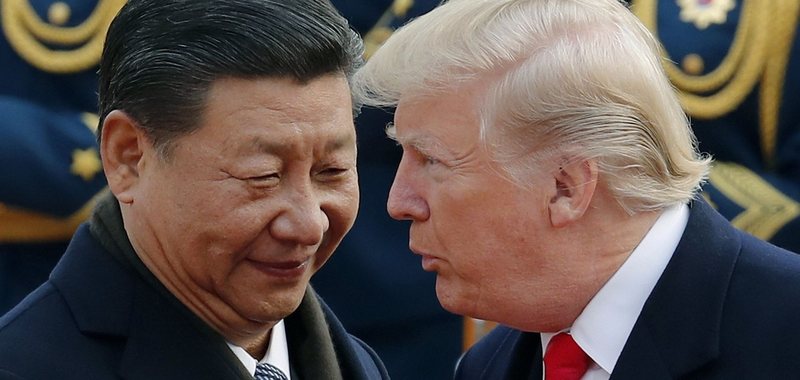
No more trade war? – Trump: "The relationship I have with President Xi is excellent"!
US President Donald Trump told reporters that a trade deal with China "is possible" in an interview aboard Air Force One. He said he has "a great......
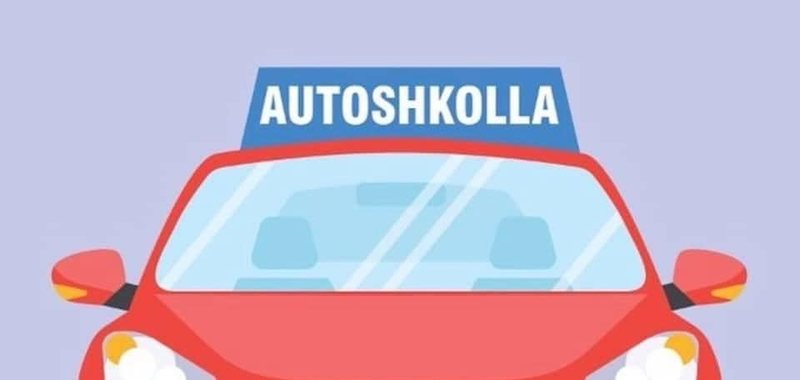
Getting your license back after losing points – DPSHTRR: Only 234 people have regained it!
The General Directorate of Road Transport Services announced today that out of 1,813 new registrations after losing all points on their driving license, only......

How did this week end for the major currencies?
The US dollar closed the week on a downward trend, as unlike yesterday, it was bought today at 94.2 lek and sold at 95.2 lek. The euro is being bought today......

US, bird flu "sickens" the market - The spread of the disease drives demand for renting chickens
The outbreak of bird flu in the US has driven up egg prices and emptied shelves, sparking a sharp increase in demand for chicken rental services. These......
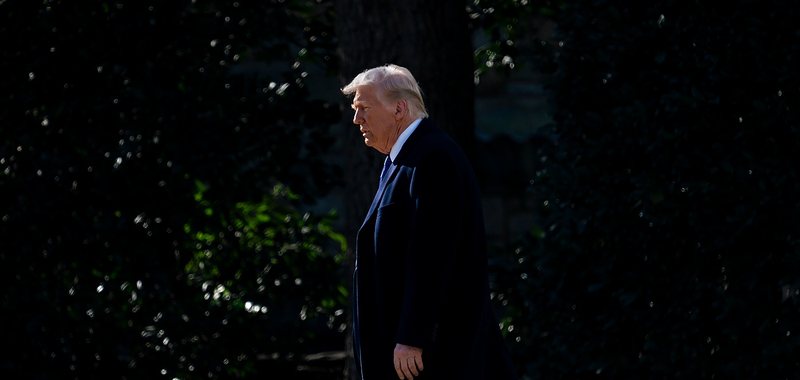
Trump's first month in office: How has it affected financial markets?!
It's been a month since Donald Trump was inaugurated into the White House. The returning US president has been moving swiftly on his promised policies,......
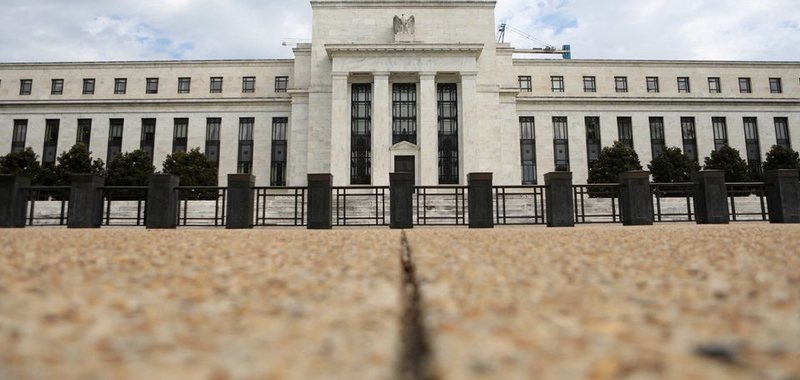
How will tariffs affect inflation in the US? - Fed, concerned about the consequences of Trump's policies
Federal Reserve officials agreed in January that they would need to see inflation decline further before cutting interest rates, but they also expressed......

285 properties confiscated across the country - Most of them residential buildings, apartments and agricultural land in Tirana
According to the Agency for the Administration of Sequestered and Confiscated Assets, around 285 assets have been confiscated in Albania. This agency has......







